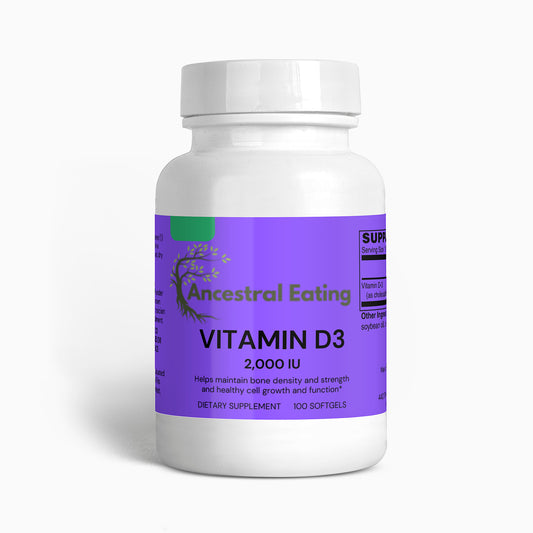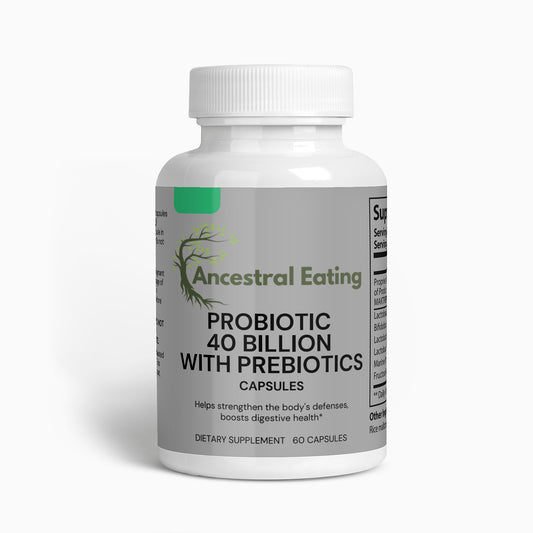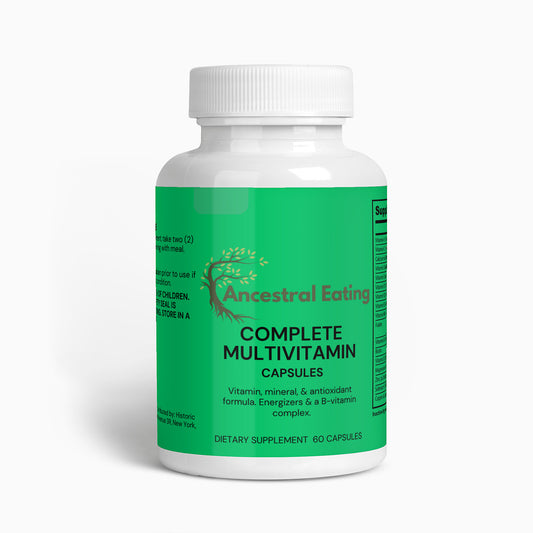Jamaican cuisine is a rich blend of indigenous, African, European, and Indian influences, developed over the last 500 years. The island's food has evolved significantly since the time of the indigenous Arawak and Taino peoples, as various colonial powers and immigrants introduced new culinary traditions.
Indigenous Period:
- Cassava: The native Arawak and Taino people made cassava bread and other dishes.
- Fish and Seafood: Fish were often smoked or jerked—a method of slow-cooking over wood that the Arawak people are believed to have used.
European Influence (Spanish & British):
- Livestock: The Spanish introduced livestock such as pigs and cattle, leading to the availability of beef and pork.
- Sugarcane: Introduced by the Europeans, this became the foundation of Jamaica's economy for centuries and led to the widespread use of molasses and rum in Jamaican cuisine.
African Influence:
- Ackee: Originally brought from West Africa, this fruit is now a staple and is commonly served with saltfish.
- Yams, Bananas, Plantains: Root vegetables and plantains have a significant role in Jamaican cuisine, often boiled or fried.
East Indian & Chinese Influence:
- Curries: Curried goat and chicken are popular dishes, influenced by indentured laborers from India.
- Rice and Peas: While rice was already present, the particular combination of rice and peas (usually kidney beans or pigeon peas) was influenced by both African and Asian culinary traditions.
Traditional Dishes:
- Jerk Chicken/Pork: Marinated with a spicy mixture of Scotch bonnet peppers, allspice, and other spices, then cooked over pimento wood.
- Patties: A pastry filled with various fillings like beef, chicken, or vegetables.
- Callaloo: A leafy green vegetable dish, sometimes made with saltfish.
- Escovitch Fish: Fried fish topped with a spicy pickled vegetable sauce.
- Bammy: Flatbread made from cassava, often served with fried fish.
Soups and Stews:
- Oxtail Stew: Slow-cooked oxtail with butter beans.
- Pepperpot Soup: A rich, dark soup made with various meats and vegetables.
Modern Era:
- Global Influences: With increased globalization, foods like pizza and hamburgers have become more common, though often with a Jamaican twist.
Beverages:
- Rum: Used in various cocktails like the Rum Punch.
- Blue Mountain Coffee: One of the most expensive and sought-after coffees in the world.
- Jamaican Ginger Beer: A popular non-alcoholic beverage.
Desserts:
- Banana Bread: Often made with overripe bananas, sometimes adding rum or molasses.
- Gizzada: A tart made with a pinched crust and sweet, spiced filling.
Jamaican cuisine today is a testament to the island's complex history and the diverse peoples who have inhabited it. With its bold flavors, use of spices, and varied influences, it offers a unique and rich culinary experience.






